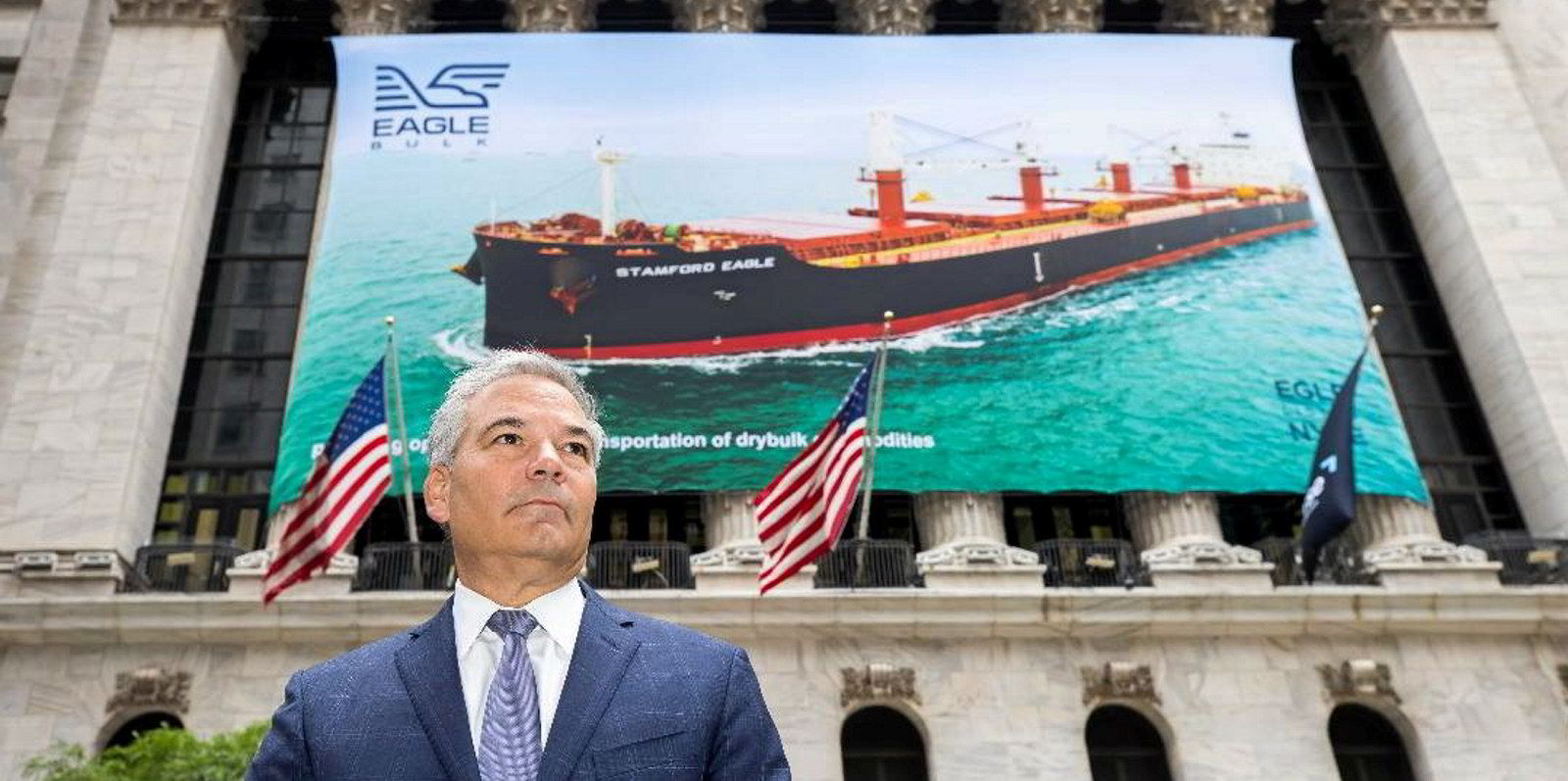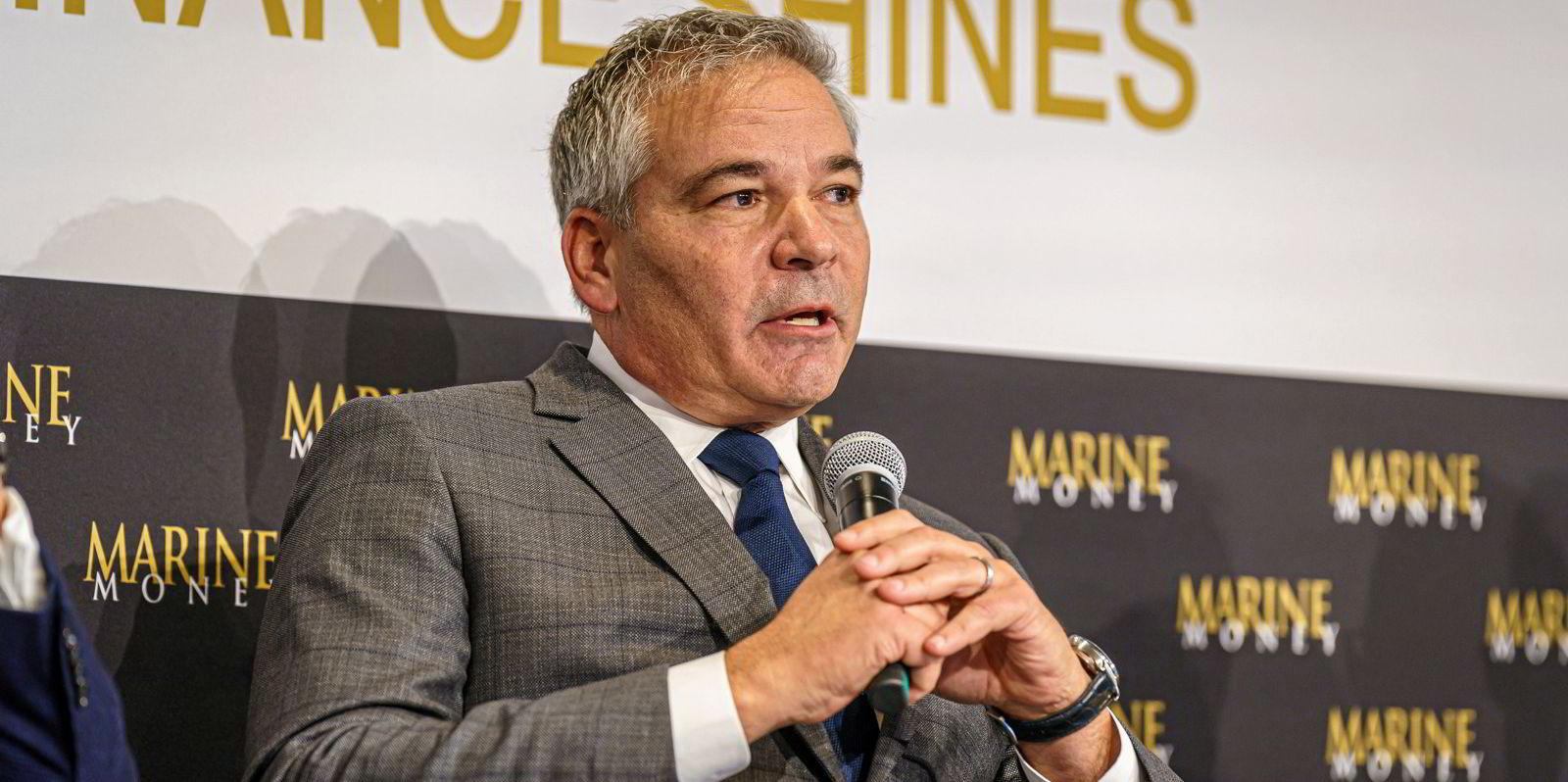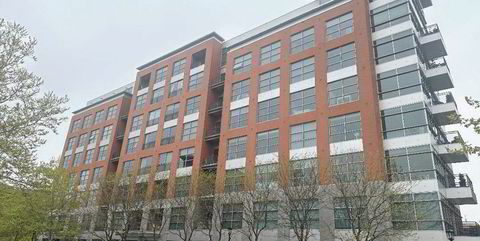Connecticut-based Eagle Bulk Shipping managed to squeeze out a profit in the second quarter that was better than prevailing index rates, but it is warning of significantly weaker hire rates in the current market.
The New York-listed owner of midsized dry tonnage reported adjusted net income of $16.7m or $1.21 per basic share on time charter revenue of $65m. That easily beat the consensus estimate of Wall Street analysts at $0.61 per share.
However, adjusted Ebitda of $24.8m trailed analyst estimates of $26.7m. Analyst Ben Nolan of Stifel said that after adjusting for an $11.6m gain on a vessel sale, Eagle’s EPS was $0.45, well below the consensus.
Eagle touted a time charter equivalent rate of $14,434 per day that was some 35% above the Baltic Supramax Index, but that number has plunged to $10,900 per day with 67% of days booked in the current quarter. The number is right around Eagle’s financial breakeven.
Eagle chief executive Gary Vogel called the quarter past “a challenging market for the industry due to lackluster demand from China and ongoing easing of congestion”.
However, amid the muted earnings climate, dividends jumped some 40% as a result of Eagle’s purchase of the 28% shareholding held by backer Oaktree Capital Management during the quarter, Vogel said.
Eagle’s dividend of $0.58 per share bettered the $0.10 it had paid out after a seasonally weak first quarter.
Vogel noted in his commentary that the futures market prices in stronger rates expected later in the year as supply-demand dynamics improve.
“With congestion now back to pre-Covid levels and essentially unwound, we see rates pushing back up above the forward curve,” he said.
“We remain positive about the medium-term prospects for the dry bulk industry, particularly given the strong supply-side fundamentals.”

Eagle’s second quarter was substantially weaker than numbers from the second quarter of 2022, when the dry bulk market essentially was at its recent peak.
On the strength of time charter equivalent rates of $30,000 a day, Eagle produced Ebitda of $100m in the year-ago quarter. Net income was $94m on TCE revenue of $140m.
Eagle in the past quarter also completed the previously announced sale of two “non-core” supramaxes — the 57,970-dwt Montauk Eagle and Newport Eagle (both built 2011).
It also closed the previously disclosed acquisition of two scrubber-fitted ultramaxes, renamed as the 63,800-dwt Halifax Eagle and 63,614-dwt Vancouver Eagle (both built 2020).





